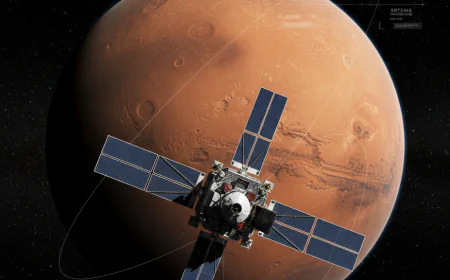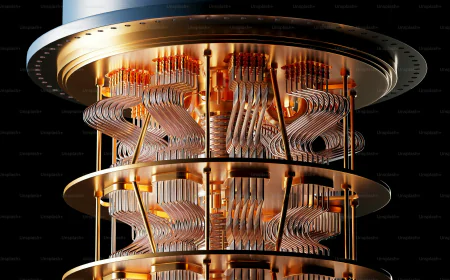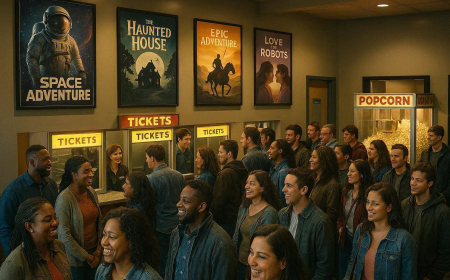Is It Worth the Hype? A Critical Review of the Season Premiere

As television continues to evolve, the anticipation surrounding new seasons of popular series seems to reach an all-time high. With the proliferation of social media, trailers, and elaborate marketing campaigns, fans are often left to navigate an ocean of expectation before a show even airs. The season premiere, often regarded as a critical juncture for series, sets the tone for what viewers can expect in the episodes to follow. This article delves into the intricacies of assessing whether a season premiere lives up to the considerable hype that precedes it.
### The Build-Up: Setting the Stage
In the months leading up to a season premiere, production companies invest heavily in promotional efforts. Teasers, interviews with cast and crew, and behind-the-scenes footage create an atmosphere of excitement. This build-up is often accompanied by a wave of fan theories and discussions across various platforms, which can amplify expectations. By the time the premiere arrives, viewers are often left with a blend of eagerness and apprehension, hoping that the show will not only meet their expectations but also surpass them.
### Story Arcs and Character Development
One of the key elements to consider in evaluating a season premiere is how effectively it re-establishes character arcs and narrative stakes. A successful premiere should provide a seamless continuation of the story while also introducing new elements to keep the audience engaged. For example, if a character has undergone significant development in previous seasons, viewers will expect to see the ramifications of that growth explored in the premiere.
In many cases, shows that rely heavily on cliffhangers at the end of a season must navigate the tricky balance between delivering immediate resolutions to those arcs and presenting fresh narratives that propel the story forward. An effective premiere should not only address lingering questions but also plant seeds for new plot developments, thereby setting the stage for the rest of the season.

### Pacing and Tone
The pacing and tone established in a season premiere can influence viewer engagement significantly. A premiere that rushes through critical plot points may leave viewers feeling unsatisfied, while one that takes its time to delve into character motivations and thematic elements can foster a deeper connection. The tone, whether it be comedic, dramatic, or suspenseful, should resonate with the established atmosphere of the series while also potentially introducing new shades that reflect character evolution or changing circumstances.
For instance, if a series has historically leaned into dark humor, a sudden shift to a more earnest tone without proper context can alienate viewers. Conversely, a successful transition that feels organic to the narrative can enrich the viewing experience.
### Viewer Expectations Versus Reality
The disparity between viewer expectations and the outcome of a season premiere often dictates the success of the episode. Fans often arrive armed with their own theories and hopes, which can create a challenging landscape for showrunners. The pressure to meet these expectations can lead to decisions that ultimately stray from the core essence of the show, resulting in a premiere that feels contrived or disappointing.
Moreover, the phenomenon of “hype culture” can skew perceptions. A premiere that may, under normal circumstances, be well-received can be criticized if it does not meet the exorbitant expectations fueled by social media discussions and promotional campaigns. This raises an essential question: How can audiences reconcile their expectations with the creative choices of the showrunners?
### Critical Reception and Audience Response
As the premiere airs and the initial reactions begin to pour in, the critical reception can play a significant role in shaping public opinion. Critics often analyze the premiere through various lenses, including narrative coherence, character development, and production value. Positive reviews can bolster a show's reputation, while negative critiques can lead to a swift decline in viewer interest.
Audience response also plays a crucial role in this dynamic. Social media platforms allow for real-time reactions, which can create a feedback loop that influences subsequent viewership. A premiere that garners significant buzz online may encourage hesitant viewers to tune in, further complicating the narrative of whether the episode was "worth the hype."
### Conclusion: The Verdict
Ultimately, whether a season premiere is "worth the hype" is a subjective evaluation that varies among viewers. It hinges on factors such as individual expectations, attachment to characters, and the overall narrative trajectory of the series. As viewers, it is crucial to approach new seasons with an open mind, allowing for the possibility of evolution within the show while also recognizing the inherent risks that come with high expectations.
In a landscape where shows are increasingly recognized as cultural touchstones, the interplay between hype and reality will continue to shape the viewing experience. As we navigate this complex terrain, the question remains: can we enjoy the journey, regardless of the destination? The answer may lie in our willingness to engage with the narrative on its own terms, celebrating the artistry and creativity that goes into crafting compelling television.
Comprehensive Global Context and Expert Insights
Taking a broader perspective on this matter reveals that it is part of a larger, interconnected series of global events. The nuances involved require a balanced analysis that considers historical context alongside immediate impacts. Observers suggest that as more data becomes available, the long-term significance of this development will become clearer, potentially influencing policy and public perception across various regions. Our editorial team remains dedicated to monitoring these trends closely, ensuring that our readers receive the most accurate and in-depth information as the situation continues to unfold in the coming months.
Article written by: Linda G. Whitaker
What's Your Reaction?
 Like
0
Like
0
 Dislike
0
Dislike
0
 Love
0
Love
0
 Funny
0
Funny
0
 Angry
0
Angry
0
 Sad
0
Sad
0
 Wow
0
Wow
0
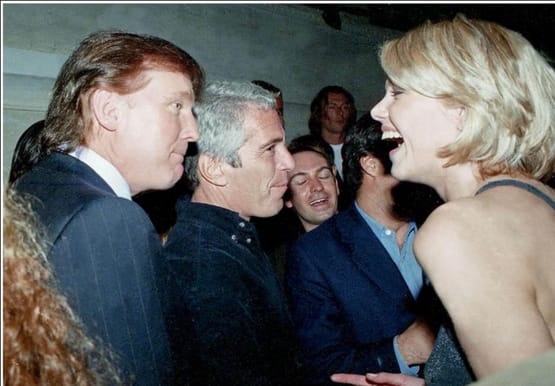




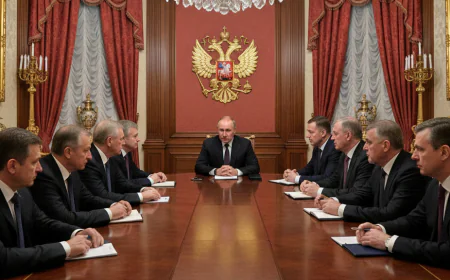
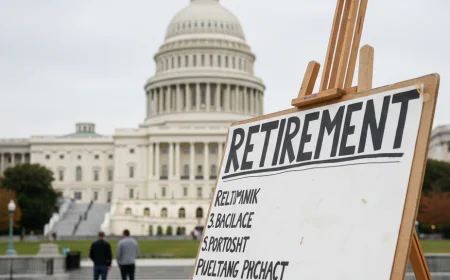




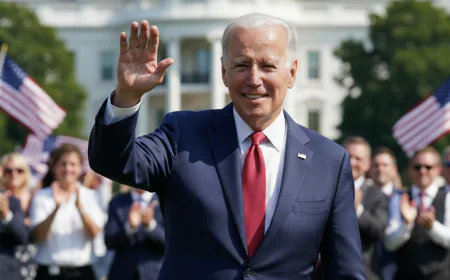






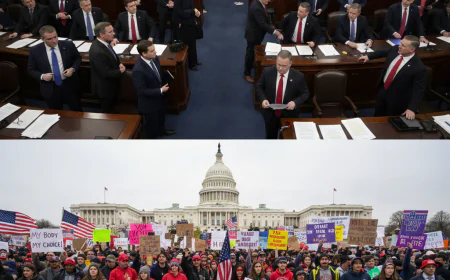


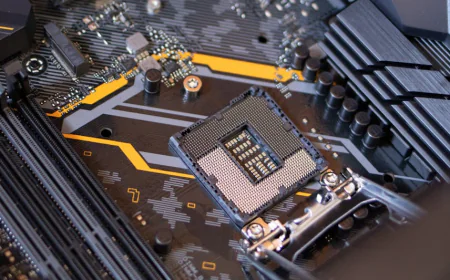


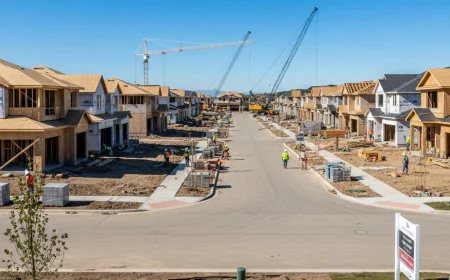








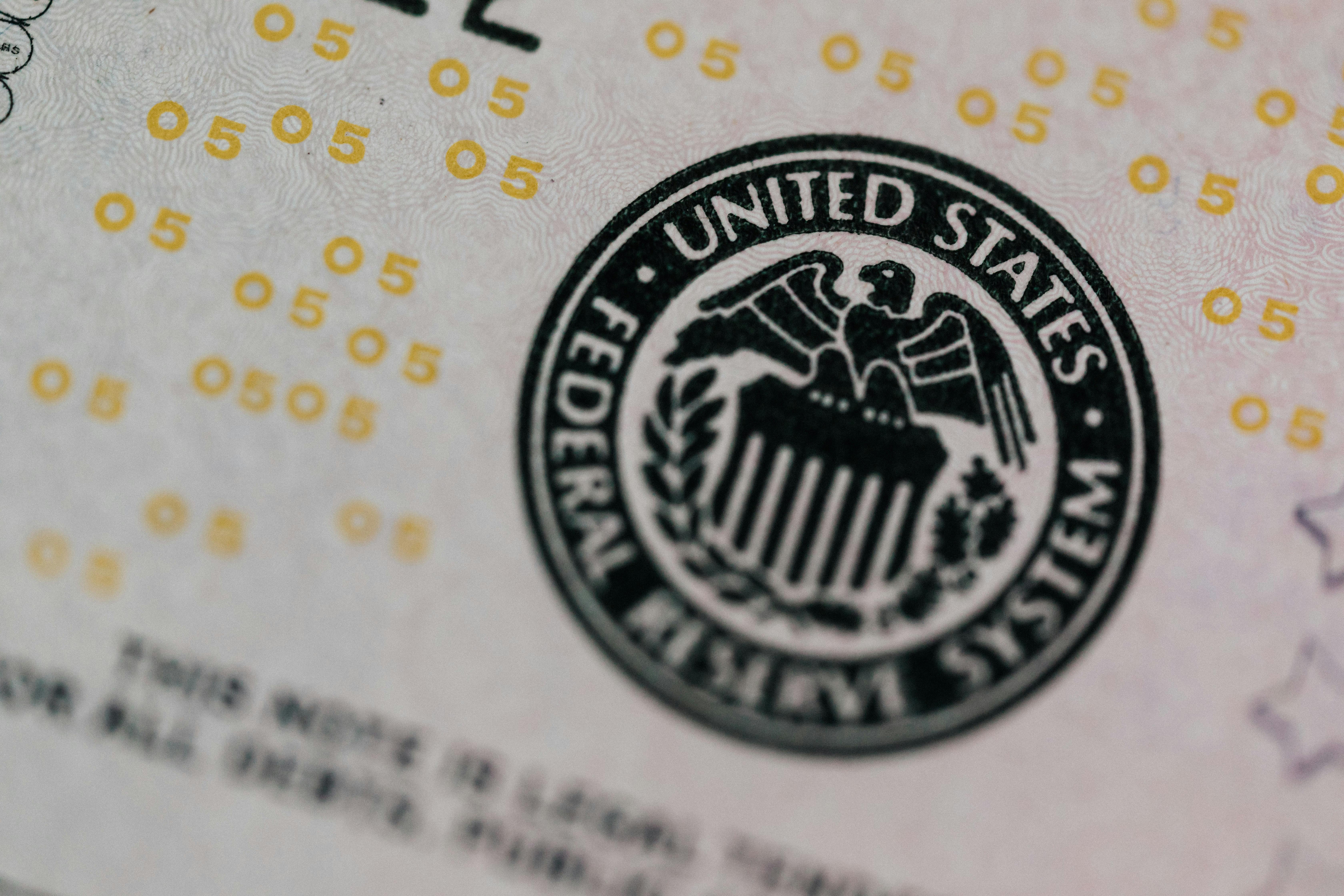





















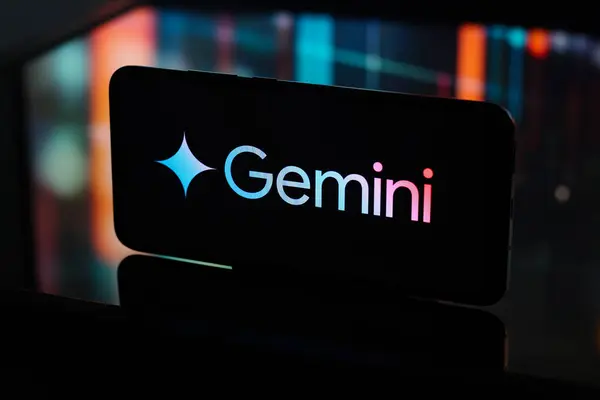

:max_bytes(150000):strip_icc():format(webp)/iphone-17-pro-d7ae6571d5b147ab8312e83b4d30a5a9.jpg)










